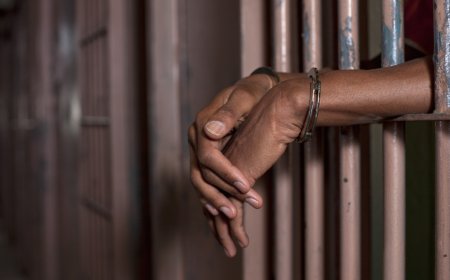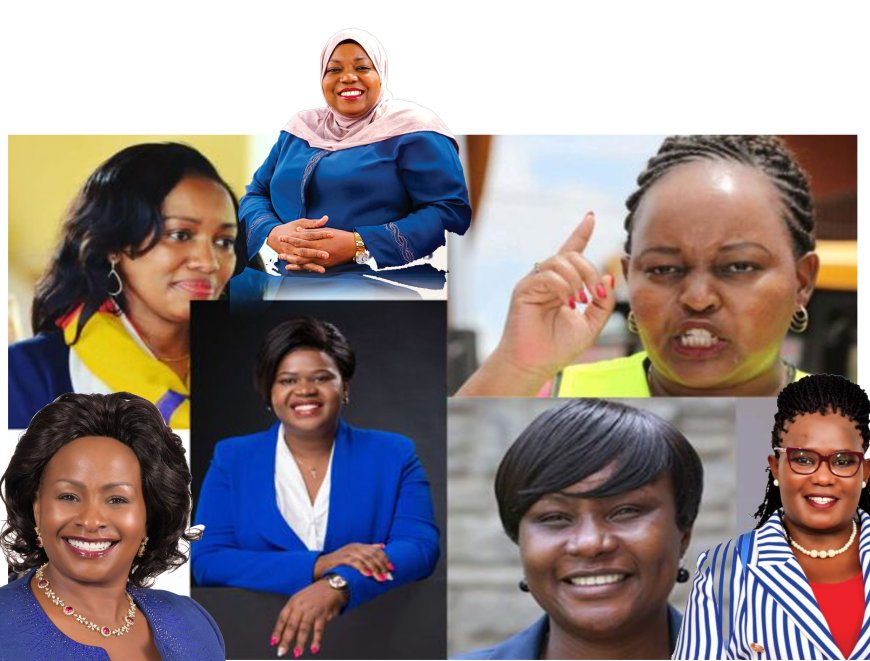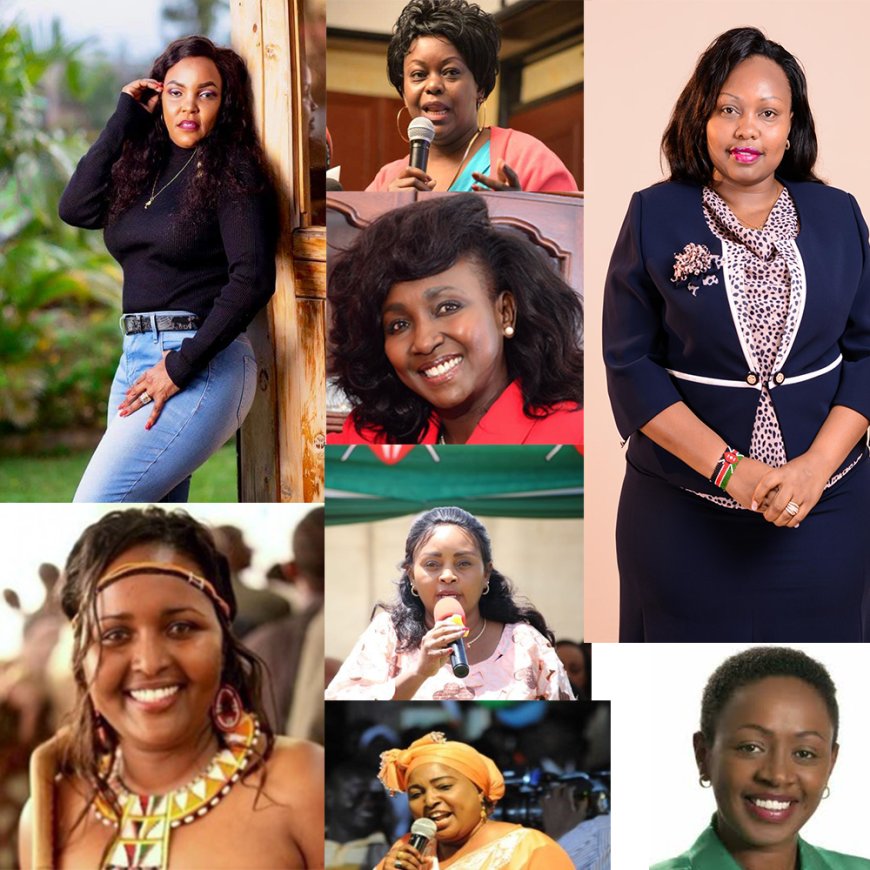WOMEN IN LEADERSHIP IN KENYA
Breaking Barriers: Women in Leadership in Kenya
Women in Kenya have made notable progress in leadership roles over the past years, yet significant challenges persist. Here’s a closer look at the strides made and the ongoing obstacles faced by women in leadership positions in Kenya.
Political Representation
Recent developments in Kenya’s political landscape reflect improvements in female representation, thanks largely to the 2010 Constitution. This landmark legislation mandates that no more than two-thirds of any elected or appointed body can be of the same gender. Despite these advancements, achieving true gender parity remains a challenge not even in kenya alone, with women often facing barriers to equal representation in all aspects of administration or position.
Legislation and Policy
Kenya has made strides in promoting gender equality through various laws and policies. The National Gender and Equality Commission (NGEC) is a key player in ensuring gender equity across different sectors. Such legislative efforts are crucial in supporting women’s leadership roles and fostering a more inclusive political environment.
Notable Figures
Kenya boasts several prominent women leaders who have made a significant impact:
-
Martha Karua: As a former Minister of Justice and Constitutional Affairs, Karua is renowned for her advocacy for women’s rights and good governance. Her leadership and commitment have been instrumental in advancing gender issues in Kenya.
-
Wangari Maathai: The late Nobel Peace Prize laureate and founder of the Green Belt Movement, Maathai’s work in environmental activism and women’s rights has left a lasting legacy. Her influence continues to inspire and drive change.
- Charity Ngilu:being the leader of a political party to being the governor of kitui county,Ngilu is among the women who have contributed to gender equality in the county.
Right now we have about seven women governors , a attoney general, president of the LSK, chief Justice and other influencial women in leadership positions. This is a big move for the women in kenya.
Challenges
Despite the progress, women in Kenya encounter various challenges that hinder their leadership opportunities. Cultural norms, gender-based violence, and economic barriers continue to pose significant obstacles. Addressing these issues requires concerted efforts from both governmental and non-governmental organizations.
Education and Empowerment
Expanding educational opportunities and empowerment programs is essential for nurturing future women leaders. Various organizations are dedicated to enhancing women’s education and economic empowerment, playing a critical role in preparing the next generation of female leaders.
Conclusion
While Kenya has made considerable advancements in women’s leadership, achieving full gender equality remains a work in progress. Continued efforts to address challenges and support women’s empowerment are vital in ensuring that women can fully participate in and benefit from leadership roles across the nation.
What's Your Reaction?






























































